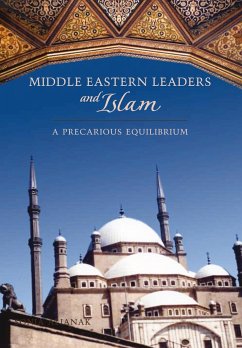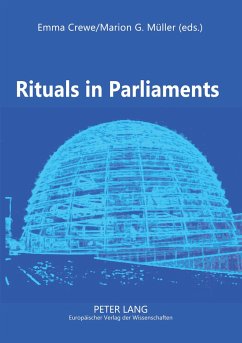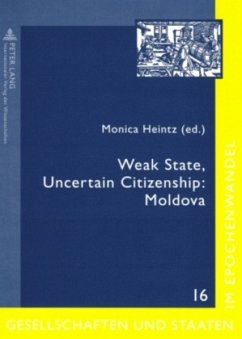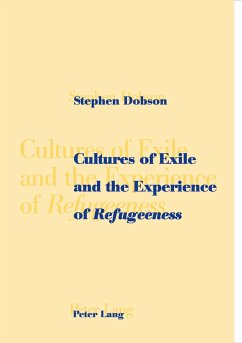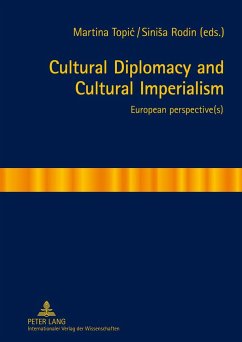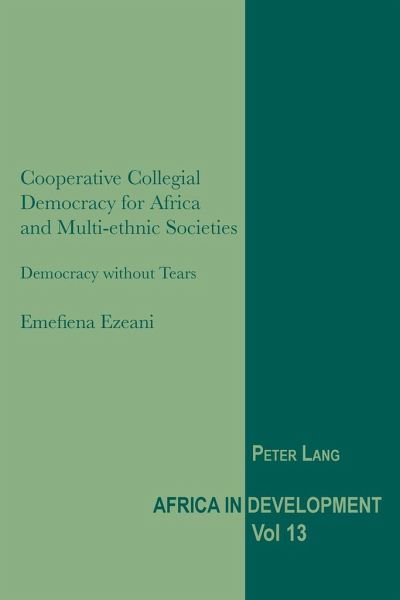
Cooperative Collegial Democracy for Africa and Multi-ethnic Societies
Democracy without Tears
Versandkostenfrei!
Versandfertig in 6-10 Tagen
74,60 €
inkl. MwSt.

PAYBACK Punkte
0 °P sammeln!
It is no longer a matter of debate to state that the practice of 'democracy' in different African nations is almost always experienced through violence or something near to it. The principal question addressed by this work is, 'Why are many African countries finding it difficult to practise democracy without "tears"?' Though this unique work recognises a number of factors as contributing to the pitiable democratic experience of many African states, the liberal party model of democracy is identified as a major political obstacle which not only impedes democratisation, but also fails to address ...
It is no longer a matter of debate to state that the practice of 'democracy' in different African nations is almost always experienced through violence or something near to it. The principal question addressed by this work is, 'Why are many African countries finding it difficult to practise democracy without "tears"?' Though this unique work recognises a number of factors as contributing to the pitiable democratic experience of many African states, the liberal party model of democracy is identified as a major political obstacle which not only impedes democratisation, but also fails to address significant national questions in plural societies. Instead of acting as an attenuating force, the liberal party system tends to intensify the negative roles of other dependent socio-political variables in instituting and consolidating democracy in multi-ethnic societies. In light of this, this work recommends a cooperative, instead of a competitive method of government formation - a 'Cooperative Collegial Democracy' - for African societies and any multi-ethnic society. This is a party-less, peaceful and overtly fair political system which is imbued with the qualities needed to resolve national questions and which constrains the incompetent and corrupt from emerging as political leaders, thus ensuring competent leadership and establishing functional and non-destabilising democracies in African or other multi-ethnic states.






